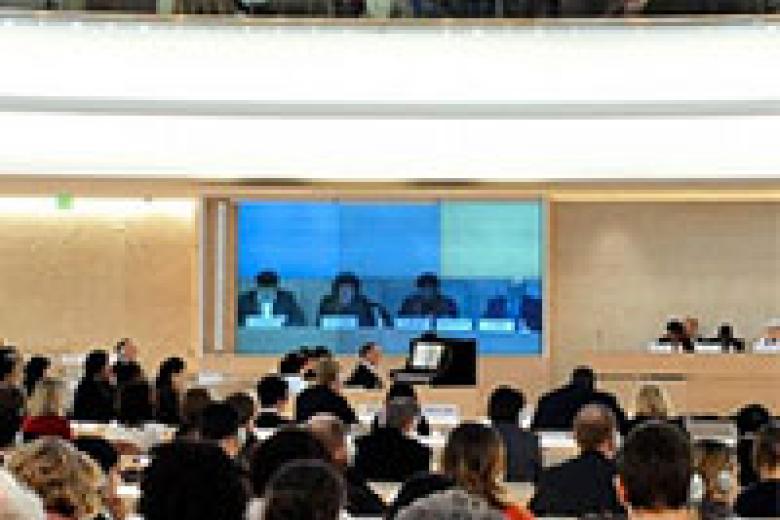mcel_master_working_paper_regules_20188_pdf.pdf
(2.07 MB, PDF)
… and societal relevance: while policymakers endeavour to find a solution to ‘fake news’, concerns are raised regarding fundamental freedoms, especially freedom of expression. Moreover, in the current information society, the legal system surrounding online news is more important than ever as it shapes the norms of our relational and communicational process. Thus, democracy and freedom of expression concerns in this area are all the more relevant because of the online environment in which they … clickbait, erroneous news, satire, and conspiracy theory information do not constitute fake news per se13. As to unlawful content, such as hate speech, racism, defamation, 9 See, for example: Baron, S. & Crootof, R. (2017) Fighting Fake News Workshop Report. The Information Society Project & The Floyd Abrams Institute for Freedom of Expression, Yale University; McGonagle, T. (2017). “Fake news”: False fears or real concerns? Netherlands Quarterly of Human Rights, 35(4), 203-209. 10 Definition … code, whose modification through ‘algorithm improvement’ can also lead to negative outcomes such as the introduction of biases and search engine optimization30. These regulatory options entail measures such as community guidelines and standards, fact-checking, content moderation, and content blocking or removal, among others31. Legislating on ‘fake news’ may lead to freedom of expression violations, and ‘fake news’ may go directly against democracy. When talking about such conflict, freedom of …


